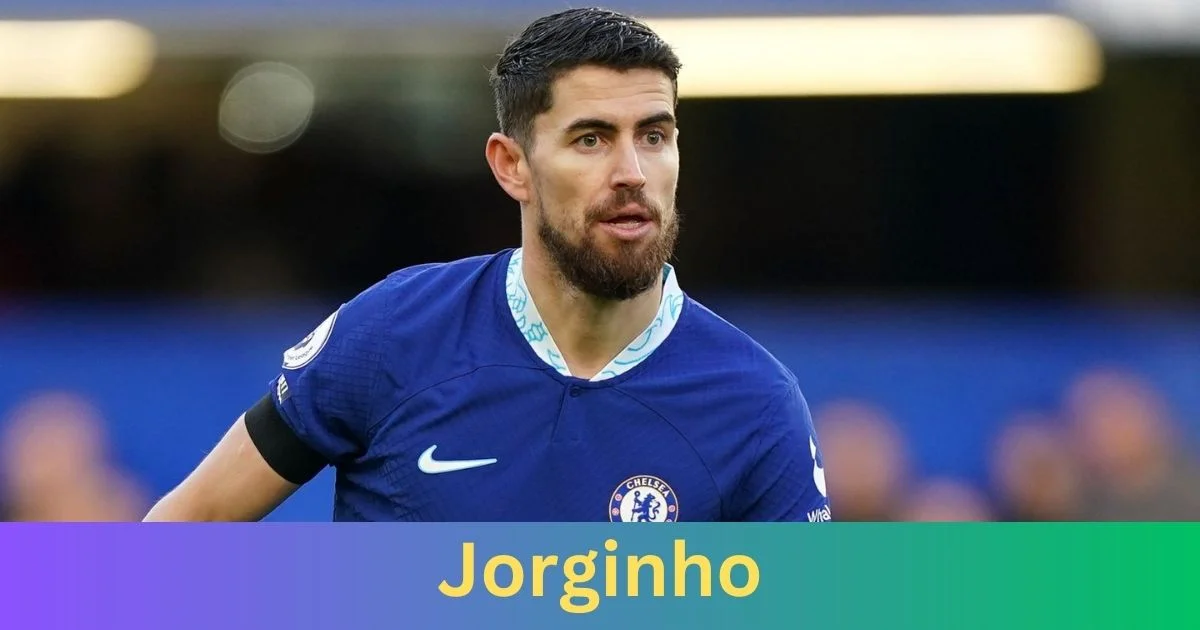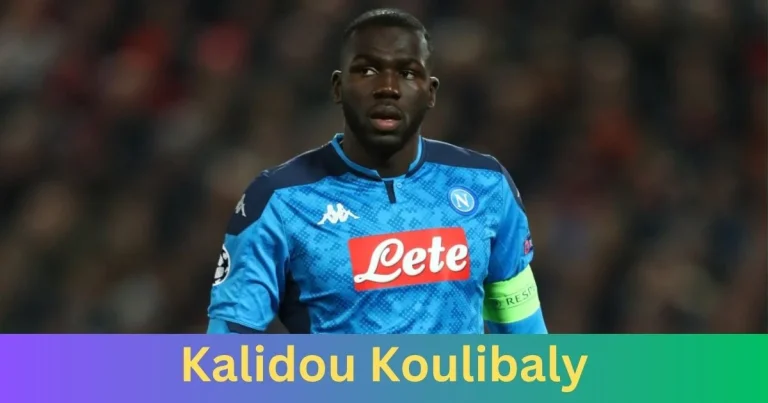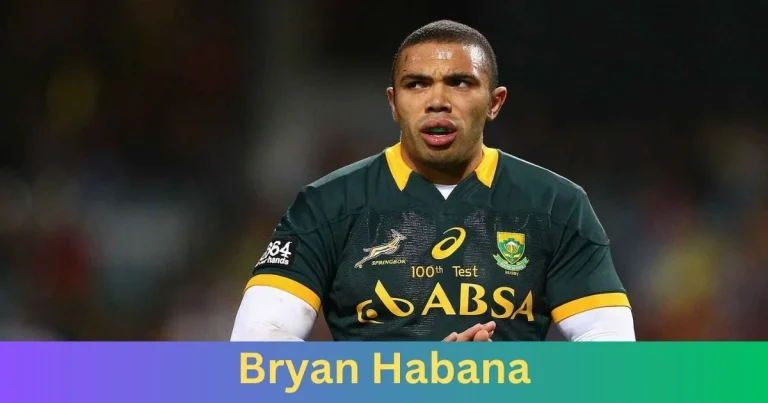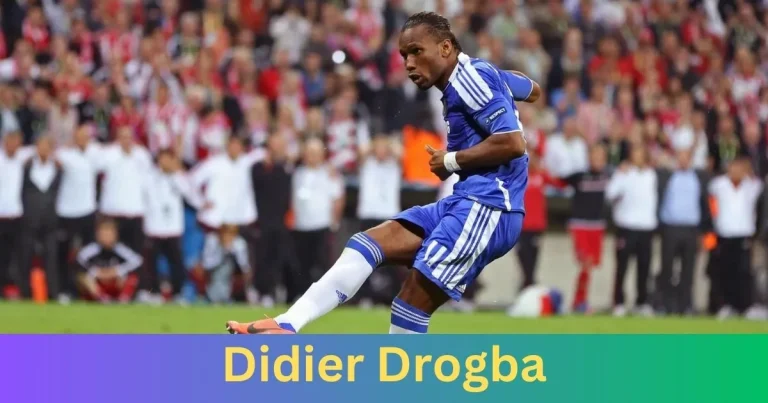Why Do People Hate Jorginho?
Jorginho, the Italian midfielder, has been a subject of much criticism and even hatred from some football fans. This sentiment can be attributed to various factors, including his playing style, perceived limitations, and controversies surrounding his move to Chelsea.
Jorginho: The Polarizing Midfielder
Jorginho, the Italian midfielder, has been a polarizing figure in the world of football. His unique playing style, perceived limitations, and controversial move to Chelsea have made him a target of criticism and even hatred from some fans.
In this article, we will delve into the reasons behind this sentiment and examine whether it is justified or simply a manifestation of the passionate and sometimes irrational nature of football fandom.
Understanding Jorginho’s Playing Style
At the core of the criticism against Jorginho lies his playing style. He is a deep-lying playmaker, tasked with dictating the tempo of the game, maintaining possession, and distributing the ball with precision. This role requires a high level of technical ability, composure, and tactical awareness.
Jorginho’s strengths lie in his ability to control the game’s rhythm, recycle possession, and find teammates with incisive passes. He excels in playing short, intricate passes and creating space for his teammates to operate. However, his critics argue that this style of play is too negative, favoring sideways and backwards passes over more direct and attacking play.
Defensive Limitations and Physical Attributes
One of the main criticisms leveled against Jorginho is his perceived lack of defensive contributions and poor tackling ability. While his role as a deep-lying playmaker does not primarily involve defensive duties, some fans and pundits believe that he should contribute more in terms of winning back possession and breaking up opposition attacks.
Additionally, Jorginho’s slight build and lack of physicality have often been cited as weaknesses, especially in the robust and physical environment of the Premier League. Critics argue that he can be easily outmuscled and bullied off the ball, limiting his effectiveness against more physically imposing opponents.
The “Sarri-ball” Controversy
Jorginho’s association with the controversial “Sarri-ball” style of play has also contributed to the criticism he faces. This tactical approach, championed by his former manager Maurizio Sarri, emphasizes possession-based football and patient build-up play. While it can be aesthetically pleasing and effective when executed well, some fans perceive it as overly cautious and lacking in attacking intent.
The controversy surrounding Jorginho’s move from Napoli to Chelsea, where he reunited with Sarri, also fueled allegations of nepotism and favoritism. Some critics argued that Jorginho was not deserving of a starting role at Chelsea and was only selected due to his close relationship with Sarri.
The Personal Nature of the Hatred
While criticism of a player’s abilities and limitations is expected and, to some extent, justified in the passionate world of football, the hatred directed towards Jorginho often transcends the boundaries of rational discourse. Personal attacks, insults, and vitriol have been directed at the Italian midfielder, sometimes reaching disturbing levels.
This phenomenon highlights the irrational and tribalistic nature of football fandom, where players can become targets of intense hatred simply because they do not fit a particular fan’s idea of how the game should be played or because they are perceived as outsiders or scapegoats.
Jorginho’s Response and Adaptability
Despite the criticism and hatred, Jorginho has remained professional and level-headed. He has acknowledged that his playing style may not be to everyone’s liking but has defended his approach as being effective for the team’s overall gameplay. He has also expressed a willingness to adapt and improve his defensive contributions, recognizing the need to evolve and address perceived weaknesses.
Moreover, Jorginho has proven his worth through consistent performances and his ability to play a key role in his teams’ successes. His technical ability, composure, and tactical intelligence have been praised by coaches and teammates, and he has won numerous accolades, including the UEFA Euro 2020 Player of the Tournament award.
Table: Jorginho’s Key Statistics at Chelsea
| Season | Appearances | Goals | Assists | Passes per Game | Pass Accuracy % |
|---|---|---|---|---|---|
| 2018/19 | 54 | 2 | 4 | 75.5 | 89.4% |
| 2019/20 | 37 | 7 | 2 | 72.9 | 89.3% |
| 2020/21 | 37 | 7 | 1 | 72.1 | 88.9% |
| 2021/22 | 47 | 9 | 6 | 68.8 | 89.2% |
| 2022/23 | 35 | 4 | 3 | 69.7 | 90.1% |
This table showcases Jorginho’s consistent performances and impressive passing statistics at Chelsea, highlighting his role as a deep-lying playmaker responsible for controlling the game’s tempo and maintaining possession.
Conclusion
The hatred directed towards Jorginho is a complex phenomenon that highlights the passionate and sometimes irrational nature of football fandom. While criticism of his playing style, perceived limitations, and defensive contributions may be justified to some extent, the vitriol and personal attacks often cross the line of acceptable discourse.
It is important to recognize that football is a team sport, and players contribute in different ways according to their roles and strengths. Jorginho’s unique playing style as a deep-lying playmaker may not appeal to everyone, but his ability to control the game’s tempo, maintain possession, and distribute the ball with precision has proven to be invaluable for his teams.
Moreover, Jorginho has demonstrated his adaptability and willingness to improve, addressing perceived weaknesses and evolving his game. His consistent performances, accolades, and praise from coaches and teammates testify to his quality as a player.
In the end, the hatred towards Jorginho may say more about the tribalistic and sometimes irrational nature of football fandom than about the player himself. It is essential to evaluate players objectively based on their contributions to the team’s success, rather than resorting to personal attacks and vitriol.
By embracing diversity in playing styles and recognizing the unique roles and strengths of each player, football fans can foster a more inclusive and respectful environment that celebrates the beauty and complexity of the game.
Frequently Asked Questions (FAQs)
Why is Jorginho so disliked by some fans?
Jorginho’s playing style, which emphasizes possession and patient build-up play, has been criticized by some fans who prefer a more direct and attacking approach. Additionally, his perceived lack of defensive contributions and physical attributes have drawn criticism, as well as allegations of nepotism surrounding his move to Chelsea.
How has Jorginho responded to the criticism?
Jorginho has remained professional and level-headed, acknowledging that his style may not appeal to everyone but defending its effectiveness. He has also expressed a willingness to adapt and improve his defensive contributions.
Is the hatred towards Jorginho justified?
While criticism of a player’s abilities and limitations is expected in football, the level of hatred and personal attacks directed at Jorginho can be seen as unjustified and disproportionate. It is important to evaluate players objectively based on their contributions to the team’s success.
What are Jorginho’s strengths as a player?
Jorginho’s strengths lie in his ability to control the game’s tempo, maintain possession, and distribute the ball with precision. He excels in playing short, intricate passes and creating space for his teammates to operate.
Has Jorginho proven his worth despite the criticism?
Yes, Jorginho has proven his worth through consistent performances and his ability to play a key role in his teams’ successes. He has won numerous accolades, including the UEFA Euro 2020 Player of the Tournament award, and has been praised by coaches and teammates for his technical ability, composure, and tactical intelligence.
What is Jorginho’s playing style?
Jorginho is known for his unique playing style, which revolves around being a deep-lying playmaker. He excels in dictating the tempo of the game, maintaining possession, and distributing the ball with precision. However, his lack of defensive prowess and perceived lack of physicality have drawn criticism from those who prefer a more combative midfield presence.
What are the criticisms against Jorginho?
Some of the main criticisms leveled against Jorginho include:
- His perceived lack of defensive contributions and poor tackling ability.
- His tendency to play safe and sideways passes, which some fans see as negative and unambitious.
- His association with the controversial “Sarri-ball” style of play, which emphasizes possession over direct attacking play.
- Allegations of nepotism and favoritism from his former manager, Maurizio Sarri, who brought him to Chelsea from Napoli.
How has Jorginho responded to the criticism?
Jorginho has remained professional and level-headed in the face of criticism. He has acknowledged that his playing style may not be to everyone’s liking but has defended his approach as being effective for the team’s overall gameplay. He has also expressed a willingness to adapt and improve his defensive contributions.
Is the hatred towards Jorginho justified?
The hatred towards Jorginho may be extreme and unjustified, as he is a talented player who excels in his specific role. While criticism of his limitations is fair, the vitriol and personal attacks directed at him are often disproportionate. It is essential to evaluate players objectively based on their contributions to the team’s success.





